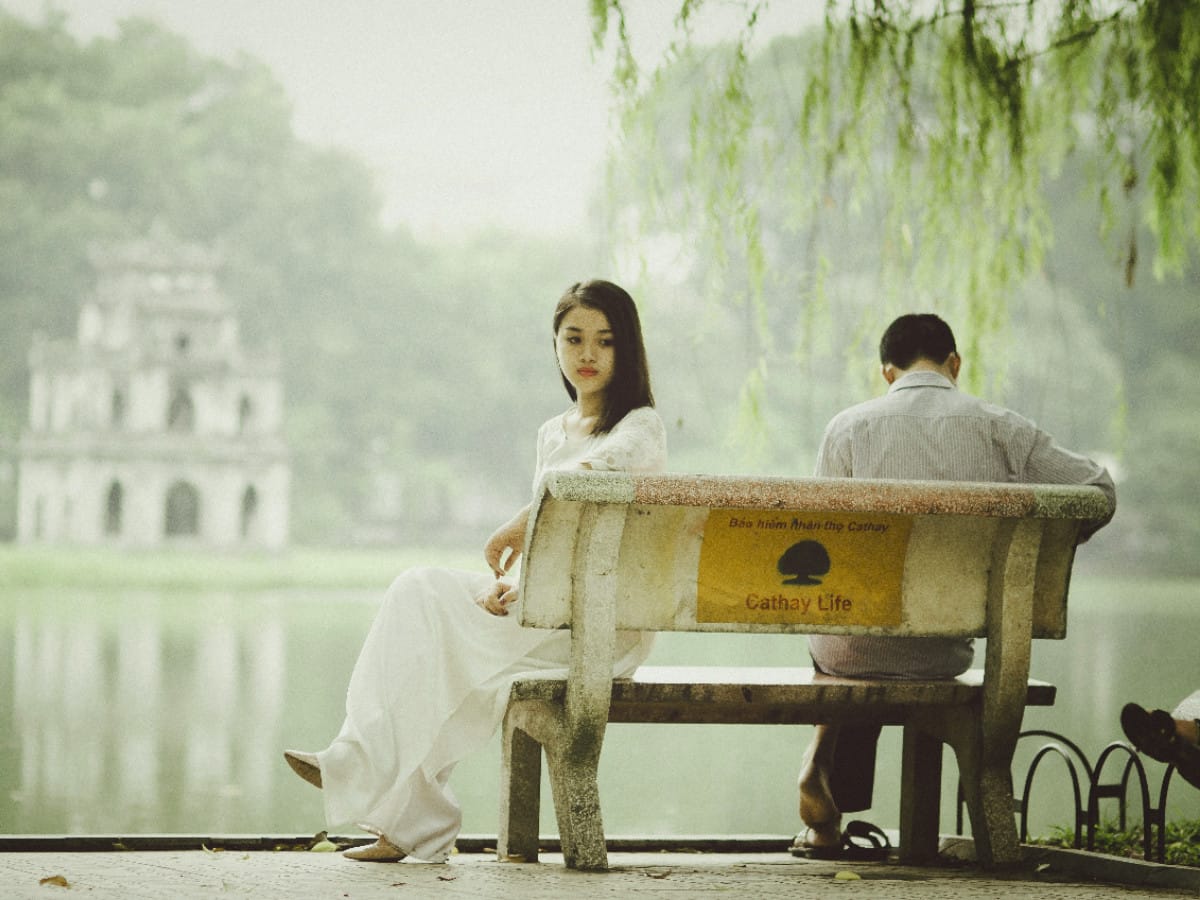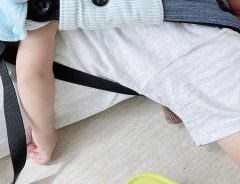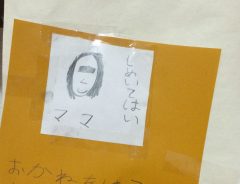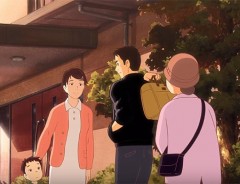
Source: © pexels.com
Disenfranchised parasite singles in Japan look to their parents to help find a spouse
- Tags:
- Family / parasite / parasite singles
Related Article
-

Comedian Ehara has turned his family into a comedy troupe burning up Japanese SNS
-

Naptime for Japanese Grandpa and Granddaughter
-

Child places adorable bounty on mother when she won’t properly focus on playtime
-

Japanese Commercial’s Touching Story About Mother And Son Leaves Viewers In Tears
-

“Why Don’t You Just Buy A New One?” Japanese Father’s Reason For Always Wearing Tattered Shirt Has Twitter In Tears
-

Visiting the Gallery SAJIMA- KAPPA SAN Exhibition in Kamakura


Japanese culture is caring and considerate. Consider how family members care for pets, and you'll quickly see they are practically surrogate children. Nevertheless, essential life choices are desperately being overlooked as the county’s population dynamics spin horribly out of whack. An obvious metric is the growing number of perennially single adult children who remain dependent on their parents despite their increasing age.
Parasite singles
The Japan Times reports that nearly a quarter of adults age 20 to 49 are single. In Japan, inter-generational households are common, so rather than venture out on their own, adult children are opting for the ease of living with ma and pa. In Japan, these adult children are commonly referred to as "parasite singles."
Elderly parents are increasingly feeling the burden. Parasite singles often remain dependent on their families financially. Their unmarried status and lack of independence cause a significant strain on parents' quality of life. Although they are in their golden years, possibly 20% of residents aged 60 and over help support their children and grandchildren. Add to that the number of hikikomori, recluse shut-ins, and the figure rises further.
Children are fighting precarious trends as well. Despite being labeled irresponsible or carefree, they are increasingly worried about their financial futures. Pension programs are drawing thin in Japan, and with end-of-life and undertaking costs growing, it is likely that, when their parents pass, bereaved single adults will continue to strain social welfare programs.
Monster Parents
So, why is this phenomenon of dependence commonplace throughout Japan? Aren't young people excited to live life freely? Surprisingly, the answer may be "not so much."
In recent history, there has been a break-down in economic equality, leading to drastically different life-outcomes amongst social classes. As such, an emphasis on the individual and educational competition have increased as parents strive to place their children in better schools. Naturally, this kind of environment lends itself to helicopter parenting.
Helicopter parents, “monster parents” as they are known colloquially in Japan, are hyper-attentive and aggressive. While focused on the minutia of their children’s lives, some become disruptively involved and, according to some psychologists, exacerbate a child’s sense of dependency. Furthermore, it seems monster parents do little to help their child confront real-world challenges, negatively affecting their chances of adulthood success.
Lackluster Economy
According to Genda Yuji, a social scientist, parasite singles are experiencing a lack of economic opportunities. Due to an aging and increasingly expensive middle-aged working-class, fewer full-time positions are available for younger employees. While unemployment is low for workers aged 45-54, the figure is multiples higher for recent graduates.
Although job outlooks are poor, conservative Japanese society shifts the blame on to the parasite singles themselves. Single adult children are seen as lazy and self-indulgent. While they indeed support healthy work-life balances, amid rising housing prices, they are underwhelmed by the lack of economic stability unreliable and grueling work situations afford them.
Evolving attitudes surrounding marriage, and divorce as we recently covered, may also be exacerbating this trend. An increasing number of men have low annual salaries, yet traditional views concerning household duties. Women, who are increasingly joining the workforce, are less interested in marrying men with low wages who will not do their portion of the housework.
Furthermore, as double-income households become more common, childcare facilities are woefully sparse. The problem is so bad that Prime Minister Shinzo Abe was forced to include additional funding for daycares as part of his Abenomics economic plan. Despite this, the increased cost of education is providing further downward pressure on the fertility rate.
Even when couples do brave the gauntlet of child-rearing, women often face mata-hara, maternity leave harassment. Colleagues and employers make it difficult for working women to take extended leave for childcare purposes. When women do, however, they face the possibility of professional ramifications upon returning to work.
Considering all of these potential stressors, it's hardly surprising that young adults are uninterested in leaving the nest. For the most part, they live comfortable lives at home and, by and large, are uninterested in dating someone who "doesn't meet their conditions." As such, they are unwilling to compromise their comfortable living situations.
Parents Head to Matchmaking Parties
What’s a mother to do? Or any parent for that matter?
In Japan, parents of parasite singles are heading to matchmaking parties to find a suitable spouse for their offspring. While matchmaking services have existed in Japan for decades, the hectic full-time lives of many young people make it hard for them to attend.
This is where parents get involved. Equipped with a resume-like profile of their children, parents mingle and exchange information. If parents agree their offspring may be a match, and if they get along themselves, they can exchange contact information.
In recent years, perhaps as the issues of single adults in Japan becomes more commonplace and less stigmatized, matchmaking parties are becoming more widely attended. Living marriage, a company that organizes matchmaking events, tripled the rate of parties it held in 2017.
Although more people are marrying for love these days, the company notes that many are falling through the cracks. Naoya Hirano, who heads Living Marriage, noted, "In the past, parents or neighbors would introduce someone suitable for people reaching marriageable age. There were also more matchmakers called nakōdo 仲人. But these days, it has become difficult for many people to get married.